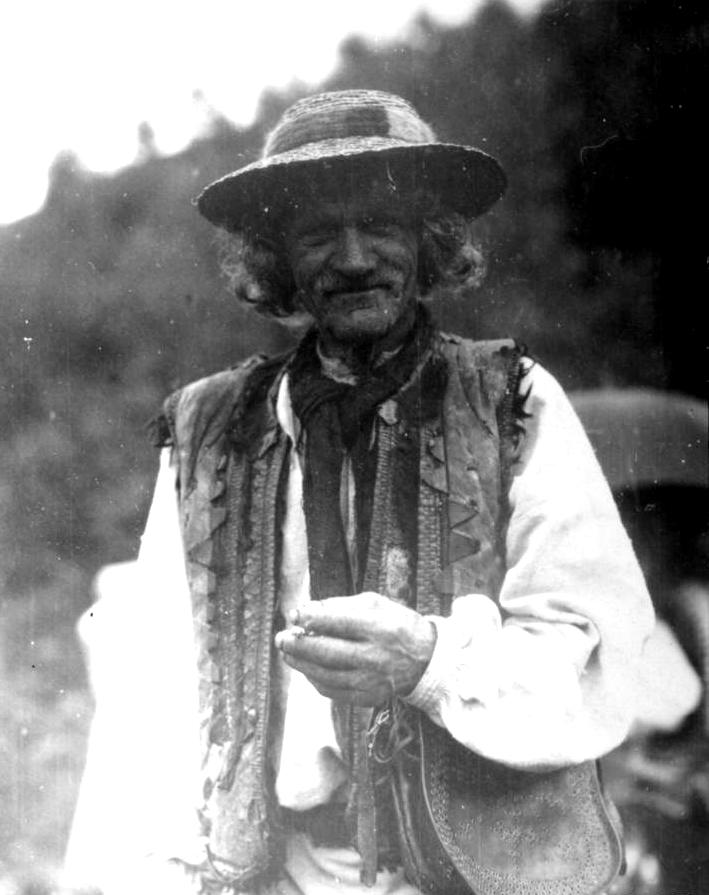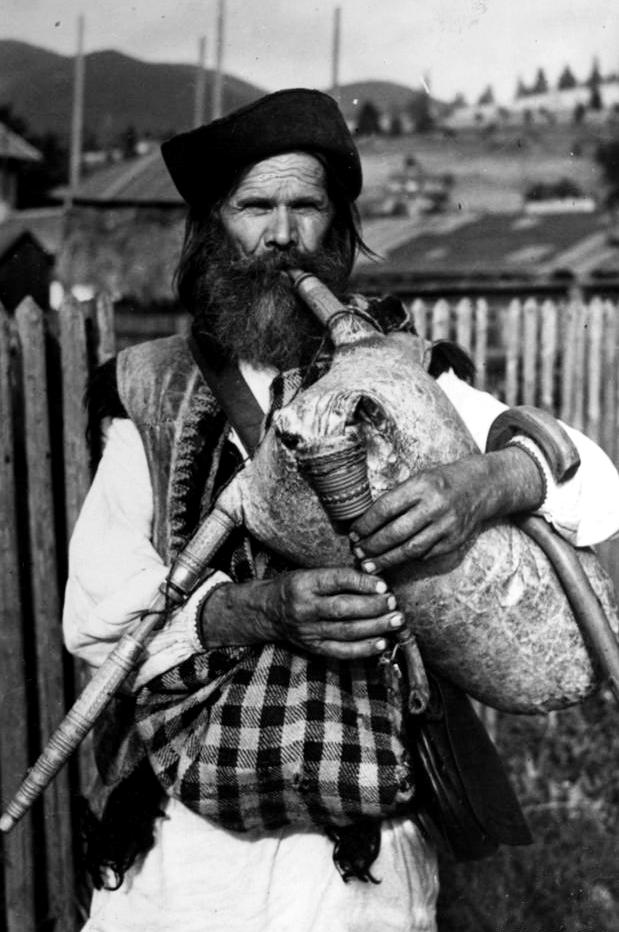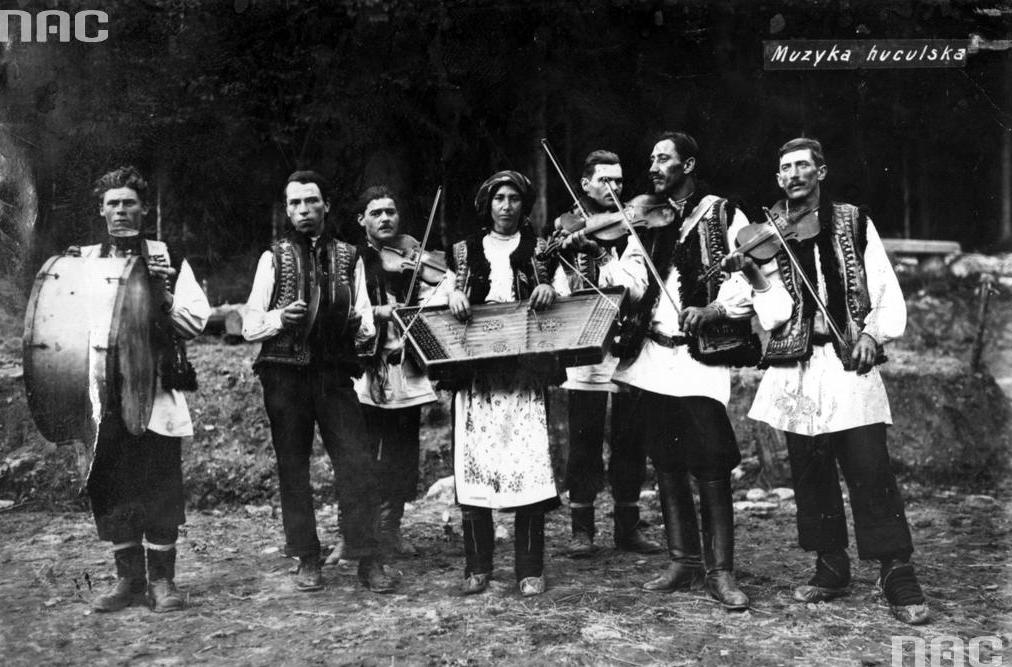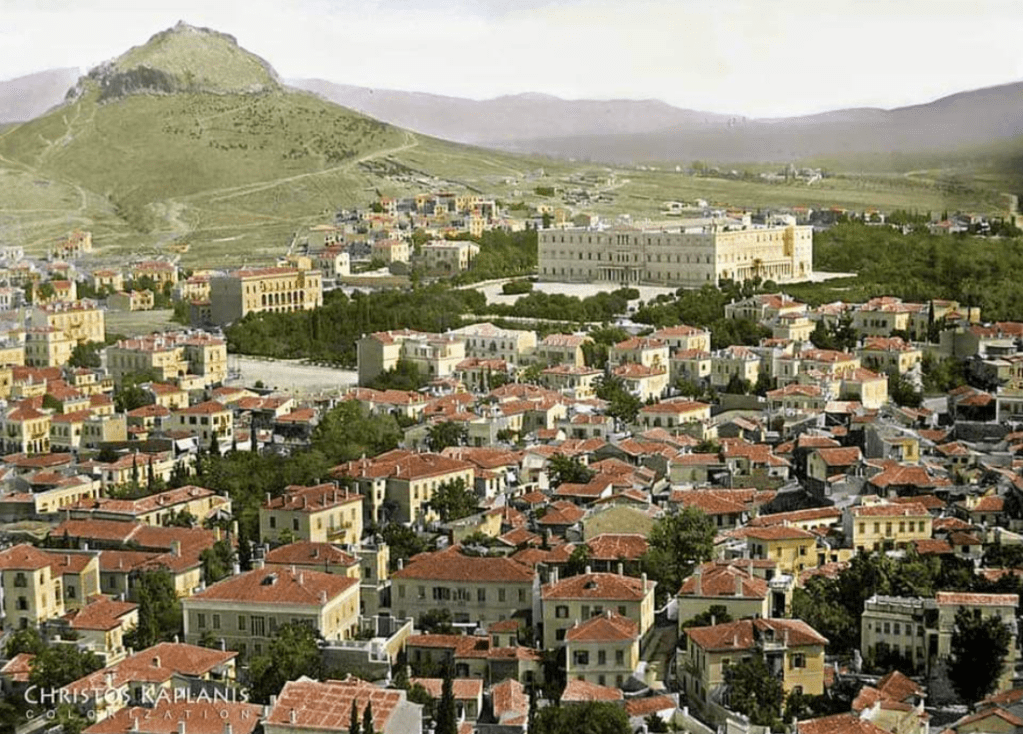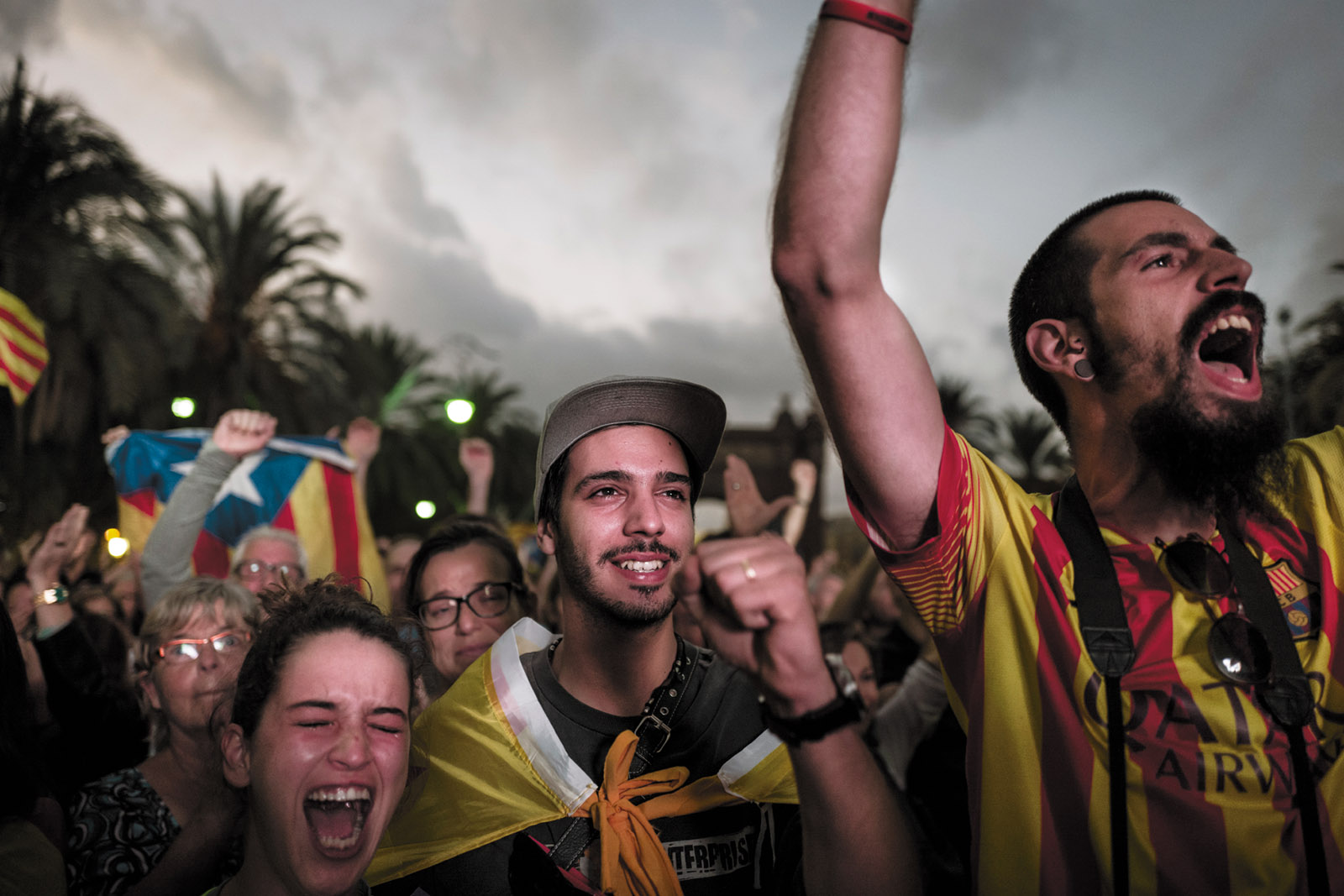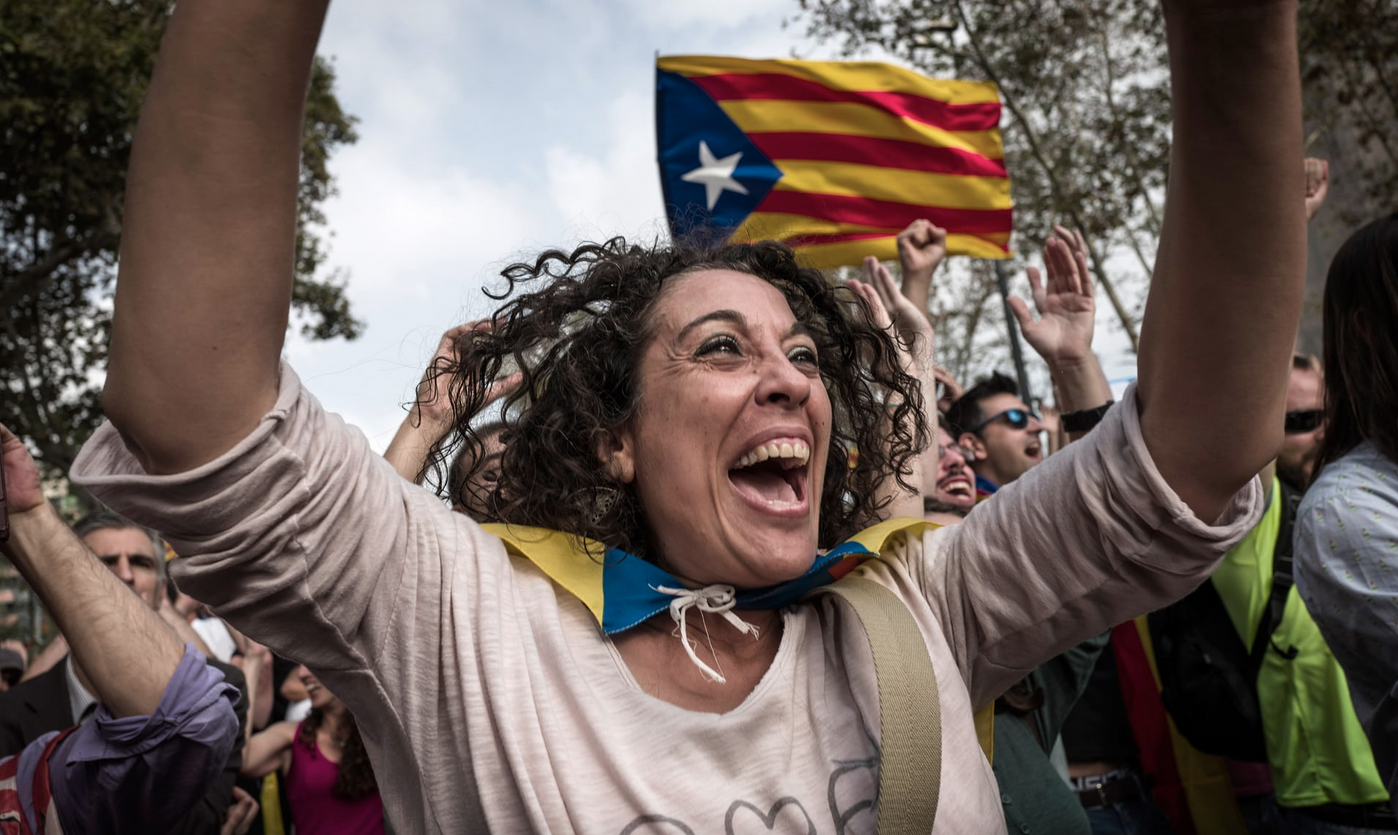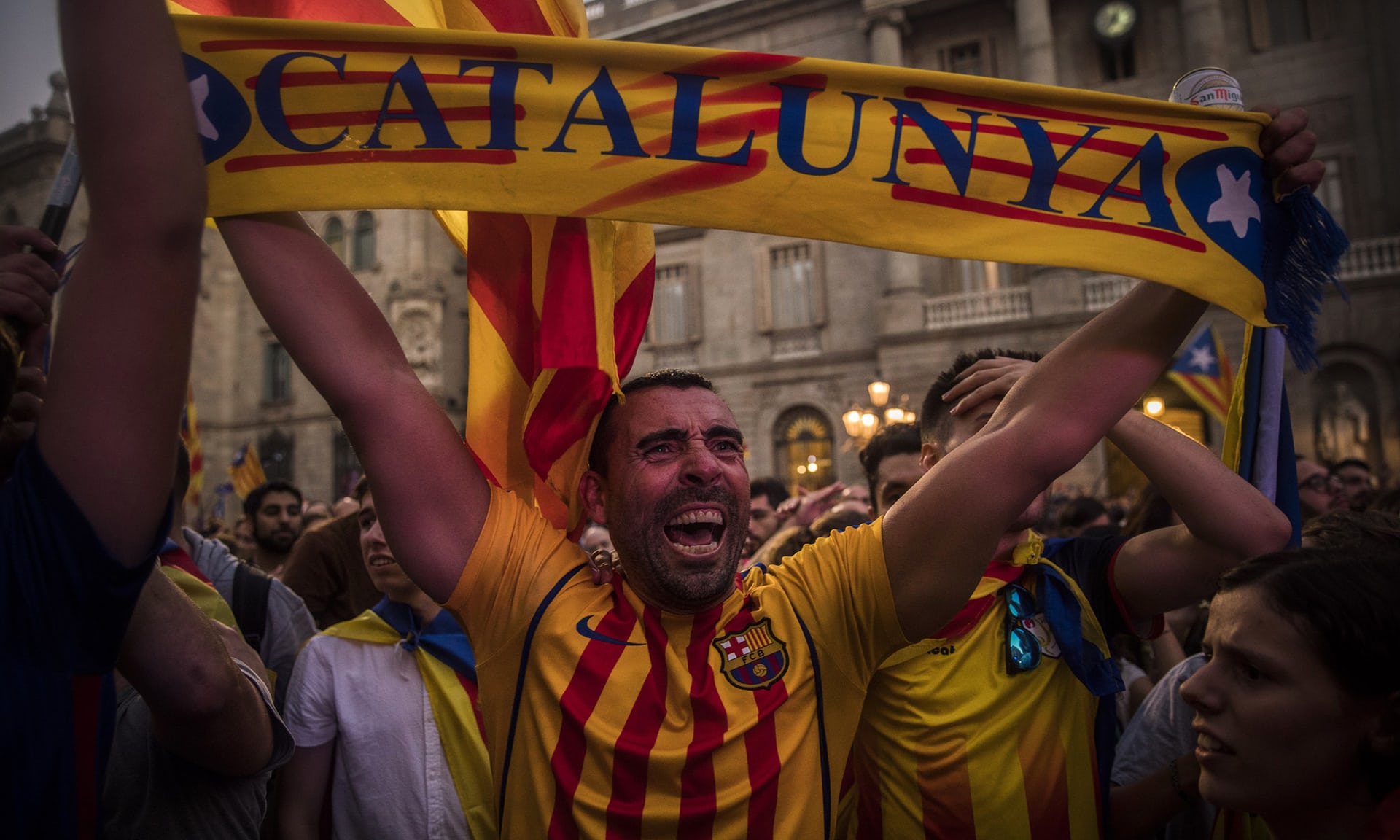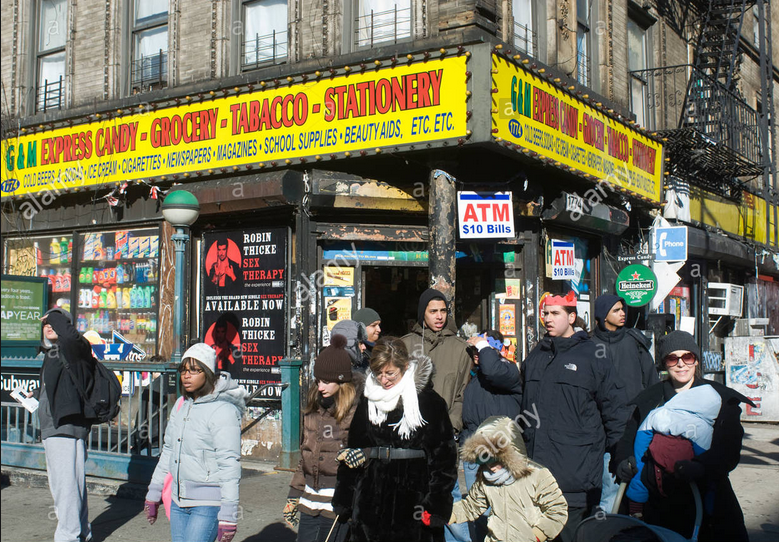No kidding. Is this a surprise to anybody?
Someone I know in the Greek foreign service once said to me that he thinks Western policy towards Russia is not even leftover post-Cold War, but that it’s perhaps even an unconscious but very persistent and irrational remnant of Great Game mentality left over in the Anglo-Saxon world/mind that influences the rest of the West. And if you know a bit, that’s a smart analysis.
But even if you start from there you immediately have to turn to the chicken-or-the-egg dynamic that’s happening here and that has obtained in the world’s policy towards Russia and vice-versa for almost forever. You can’t always treat Russia like the big, drunken thug that needs to kept out of the club by the bouncers and not expect them to react with a defensive — and offended — stance.
It seems impossible to get out of the West’s mind the sense that Russia is an inherent enemy that needs to constantly and aggressively be watched and contained instead of accepted, and expect it to not be actively aggressive in return. What “accepting” Russia would mean exactly is tricky and needs to be thought out — but needs to be given a chance in terms of policy. We might get our rocks off by saying that Putin is a bad, strong-man who’s unacceptable in x amount of ways, undemocratic blah blah. But some thoughtful expressions of good will towards Russians might eventually be the precisely the “soft power” that prods Russians on to getting rid of Putin themselves — and all the other huge flood of positive changes that might, and will, come in his eventual disappearance from the scene.
I’ve said before, in “Syria, Russia, ISIS and what to do about everything” :
“First and foremost and again: let Russia in. ENGAGE RUSSIA. We all have everything to gain and nothing to lose if we stop treating Russia like a pariah nation. Russian power is not a threat and can instead prove massively useful to the world if we bring Russia into the fold instead of trying to desperately keep her out of everywhere and even foolishly try and fence her in. It may be a little more complicated than a simplistic “more flies with honey” theory but whatever it is we choose to describe as Russian aggression, Russia sees as defensive and that may not be an irrational response from a powerful nation that sees itself treated as an amoral being that is constantly excluded from all the West’s major moves.
“And I’m talking about radical engagement: not just lifting sanctions and trade blocks and visa requirements. I’m talking about making Russia a part of the European family of nations, as laughably dysfunctional as that family may be looking right now. Why are Montenegro or Georgia on the list of candidates for NATO membership — Montenegro probably as some sleazy old promise offered to it if it seceded from Serbia; and Georgia, one of the oldest polities in the Russians’ sphere of influence (for better or worse and partly of its own initiative at the start) and with a complicated love-hate relationship between them – while Russia itself is not? Too big to absorb. Well, yes, but my point is to stop thinking of her as an entity to control and absorb and start thinking of her as a political and especially military power that’s just too enormous to not have as an ally in the current struggle we’re engaged in.
“ISIS (and Turkey to some degree) ticked off the Russians bad and they have already done more to weaken the “caliphate” in the past few weeks than all other Western actions combined. Is it escalating the conflict? There is no escalating this conflict: when your enemy is sworn to escalate it to the maximum, and there’s no reason to think they’re bluffing, you’re already there. Yes, there’s reason to fear that Russia – which uses Powell-Doctrine-type “overwhelming force” more than the United States ever has – will go too far and turn central Syria and Raqqa into a Chechnya and Grozny, but the best way to limit those kinds of excesses are to enter into some coordinated action with Russia and not just allow her to act alone. Because we’re going to need Russia when the air campaign needs to stop, when at some point it will. And that’s when I predict that Russia will also be willing to send in men on the ground and I don’t mean just a few special operations groups. While they’re certainly not eager to send their young men off to die in another Afghanistan or Chechnya, this has already – again, for better or worse – become a sort of Holy War for Russians and they will be far less squeamish about sending in troops than any other European society or even the United States at this point. And working with them on such an operation will not only increase its efficacy but limit the risks and excesses.
“In the end bringing Russia in from the outside will also change it from the inside; as the nation itself feels less like it has to be on the constant defensive, then so will the Russian government adopt a more open and progressive attitude to its own internal political life. This is what we saw happening in Turkey in the early 2000s when European Union accession was still a negotiable reality; much of what Turkey and Erdoğan have turned into since are a result of those cards being taken off the table. Do it for everyone then, for us and for them. Engage Russia; it’s a win-win proposition.
And in “The first two of my cents on Ukraine and Russia…“:
“So treating Russia like a pariah will only play into Putin’s hand. That’s, in fact, what has happened; the whole country has fallen in line behind him and anything like the РОССИЯ БЕЗ ПУТИНА — “Russia without Putin” — protests of two years ago would be considered, in a spontaneous act of socially unanimous censoring, pure treason these days with no one even daring to publicly air such opinions in the current heady climate of nationalist excitement.”
…
“History, climate, geography have always conspired to isolate Russia. And, in a sense, the pathos that drives Russian history and is the force behind her brilliant civilizational achievements (and, yes, her imperialism too), is that of a constant, heroic struggle to break out of that isolation and find her place in the larger world. Yacking on, like Snyder, about how Ukraine is somehow “essential” and central to the very idea of Europe (when, ironically, it’s very name means “the edge”…the edge of what? of Russia/Poland…the EDGE of Europe…what an elevation of status Snyder grants Podunk…), while treating Russia as dispensable or as a dangerous threat that needs to be hemmed around and contained — isolated again — is criminally unfair to Russians (if not to Putin and his cronies) and will end up backfiring on the West in ways it hasn’t even begun to anticipate. Russia is not dispensable. Nor is she to be ignored or patronized. We think of her in those terms and the results will just get uglier and messier.”
–
Comment: nikobakos@gmail.com
–
Tags: "Bloodlands: Europe between Hitler and Stalin", "Russia without Putin", "The Battle in Ukraine Means Everything", american "Manifest Destiny", Baltic countries, Belgravia Dispatch, Black Sea, Camp Pendleton, Central Asia, Chekhov, Croatia, Croats, Drang nach Suden, РОССИЯ БЕЗ ПУТИНА, EBNS, Georgy Fedotov, Greeks, Gregory Djerejian (Belgravia Dispatch), Hitelr, Japan, Kiev, Kievan Chrisitianity, Kievan Rus', Kievan Russia, Mexico, Mongols, Moscow, Novgorod, Okinawa, Poland, Pskov, Putin, Russia, San Diego, Sea of Azov, Serbia, Serbs, Stalin, Taganrog, Tatars, the ethnicity-based nation-state, The New Republic, Timothey Snyder, Twenty-Nine Palms, Ukraine, Ukrainians, Ukrianian-ness, Vladimir, Yugoslavia






